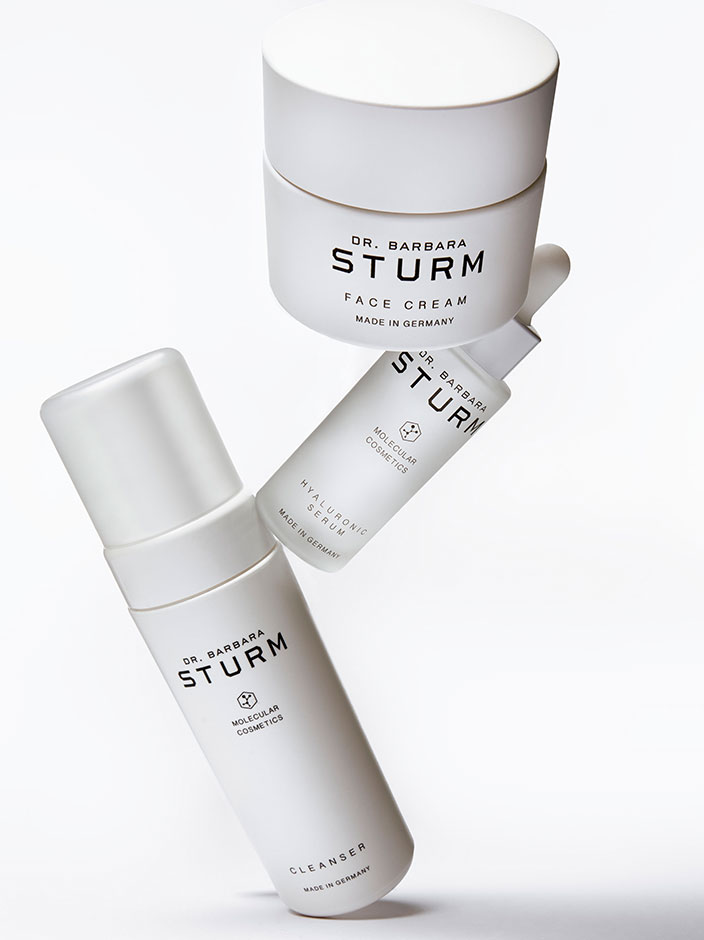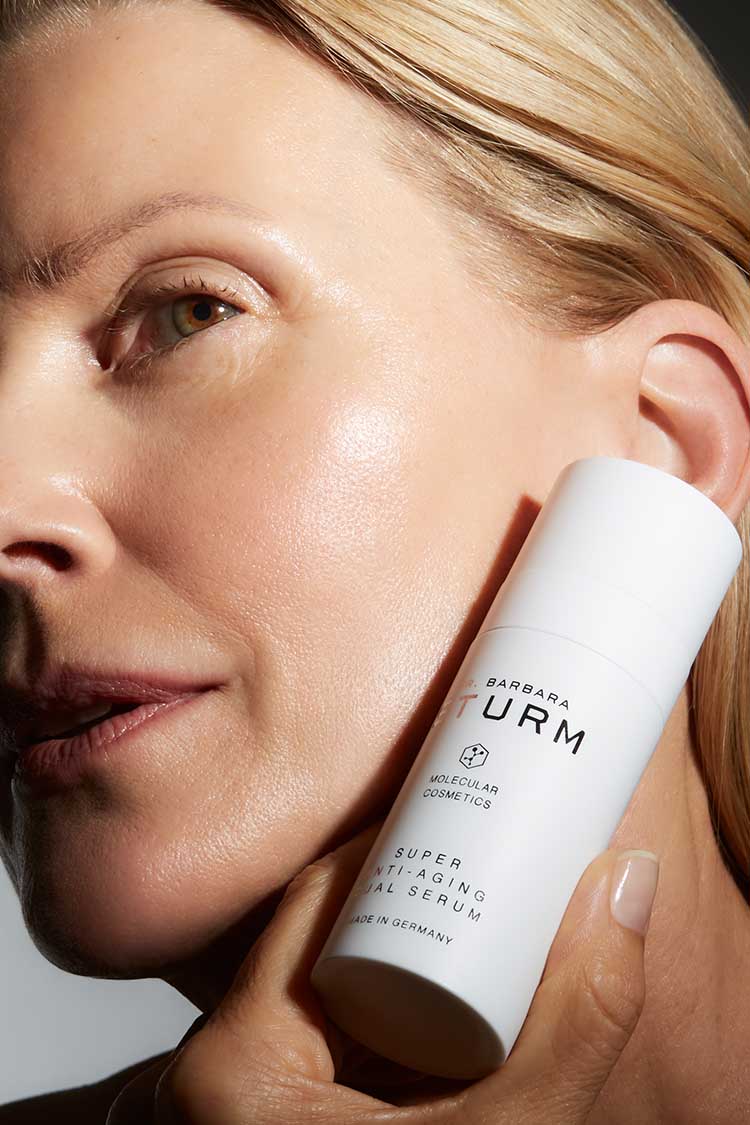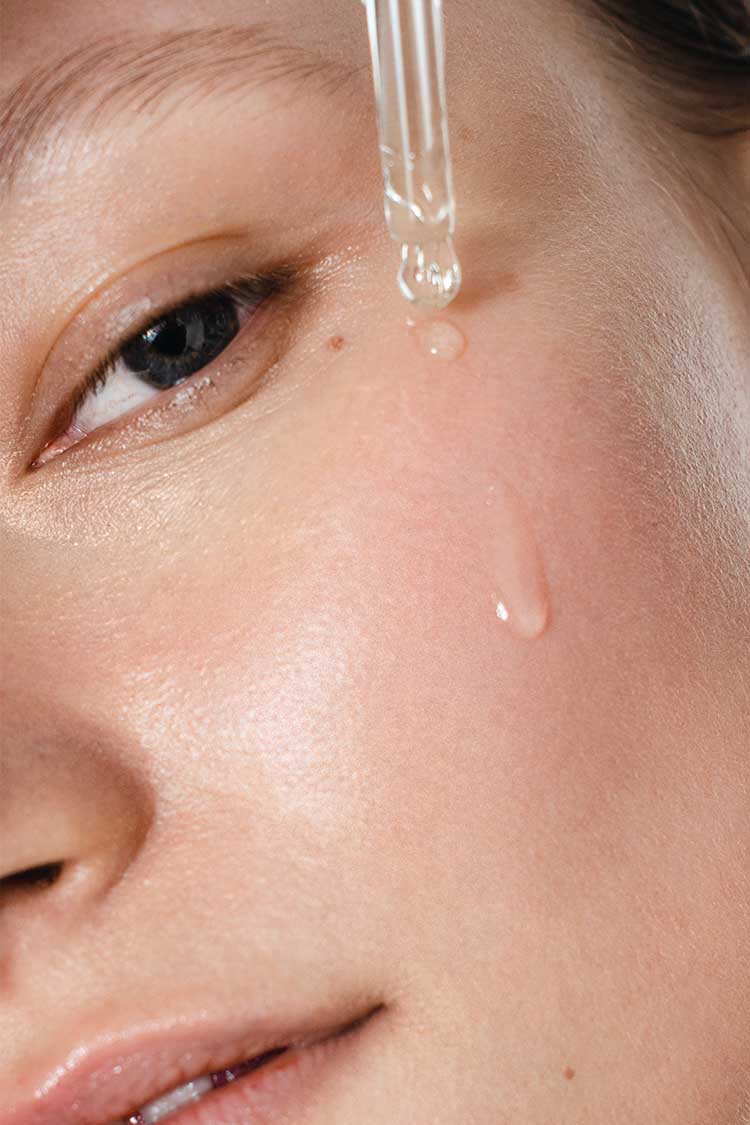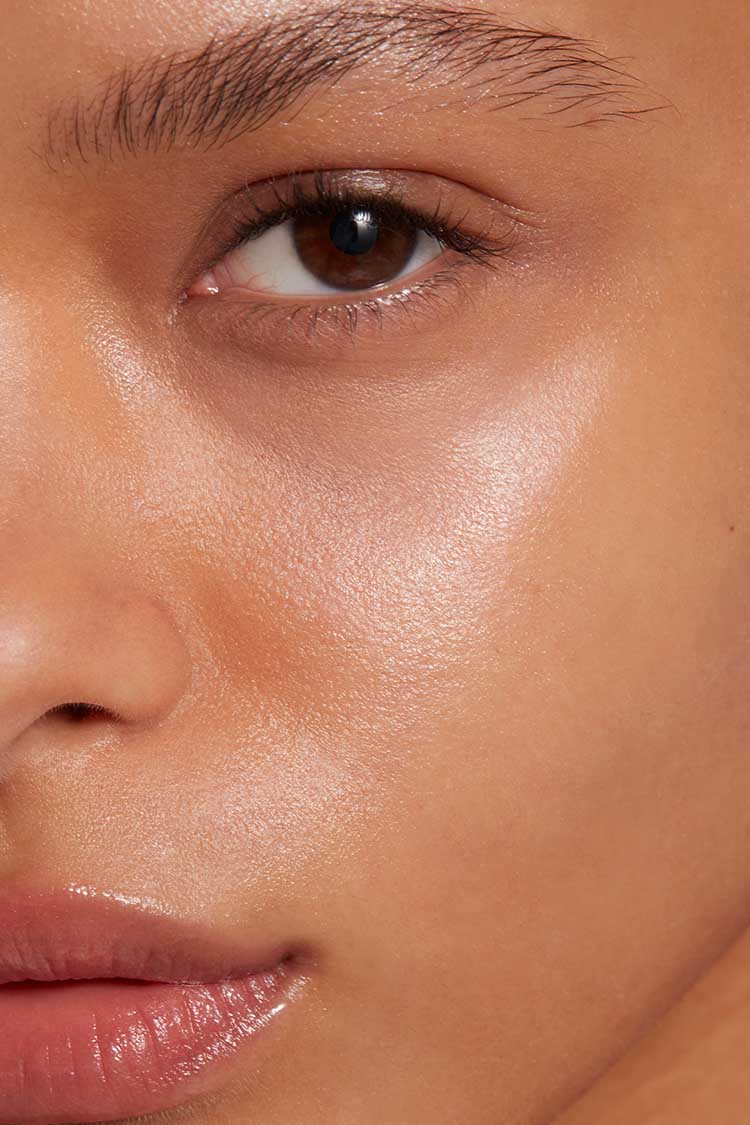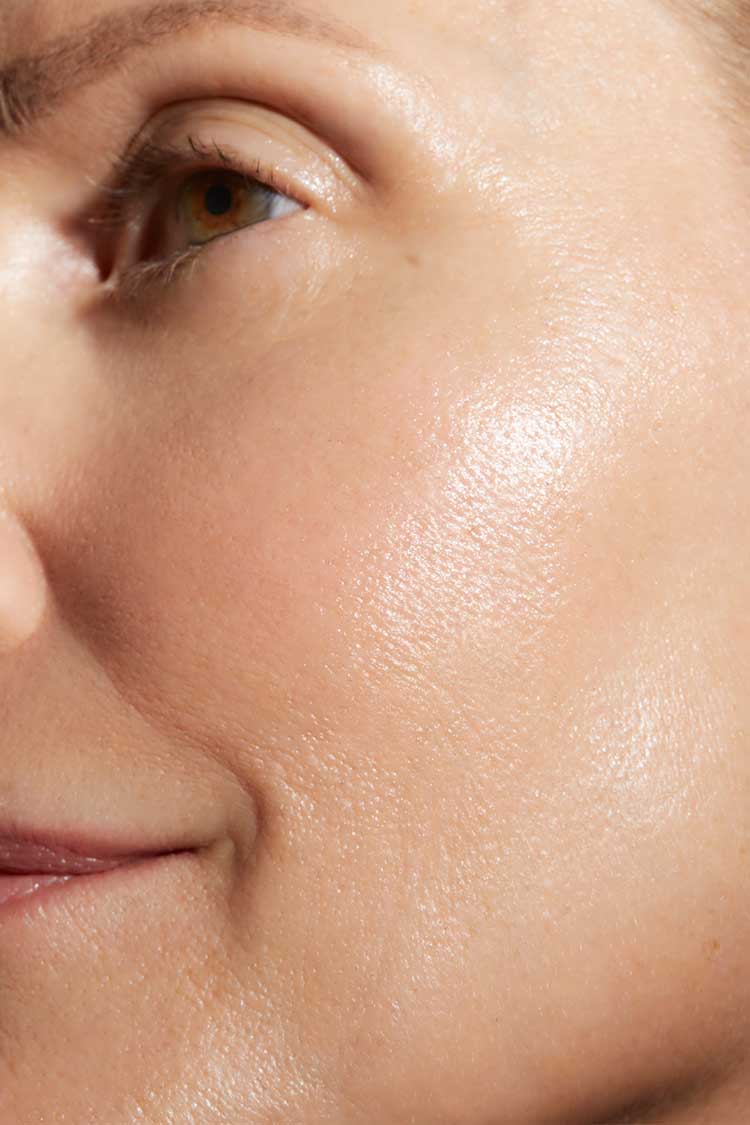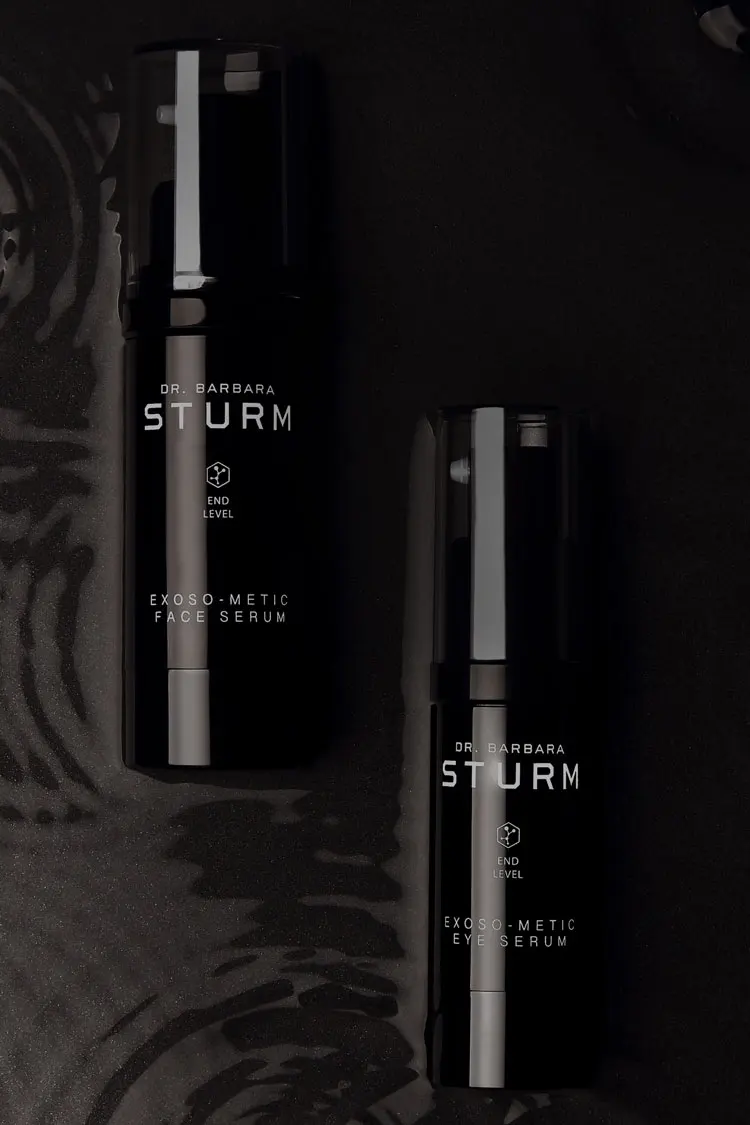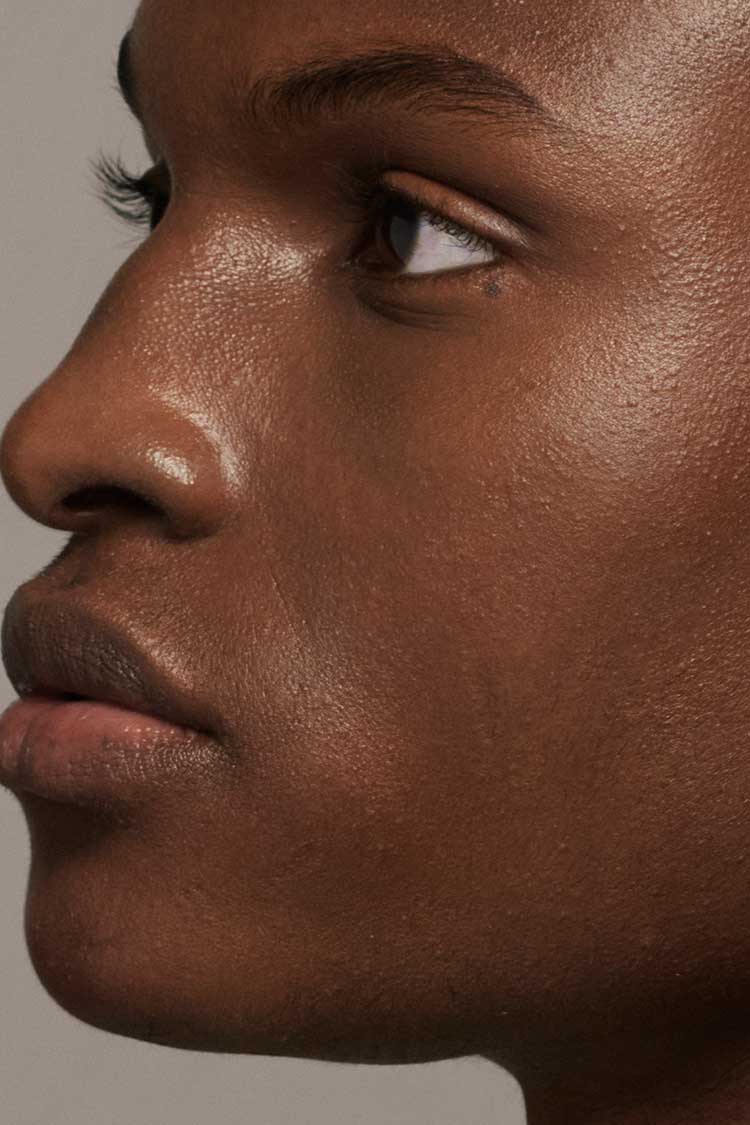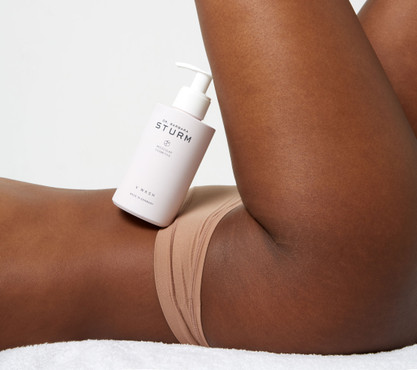THE VAGINAL MICROBIOME
2nd Sep 2024
Inside and out, our bodies harbor a huge array of micro-organisms or microbes (living organisms which are too small to be seen by the naked eye) referred to as the microbiome. Your skin microbiome is an ecosystem of bacteria on the skin’s surface that provides vital protection against pathogens or harmful substances that could affect the skin or our overall health. The vaginal microbiome or vaginal flora, consists of at least 50 different types of these bacterial species - the most common being Lactobacilli which produces Lactic Acid, a chemical which helps keep the vagina acidic (at a pH of around 3.8-4.5) and prevents other potentially harmful bacteria from thriving. Many strains additionally produce Hydrogen Peroxide (H2O2), which can also inhibit the production of bacteria.
VAGINAL MICROBIOME
The delicate, healthy balance of the vaginal microbiome is not a static system and can become disrupted from time to time through our personal genetics, menstrual cycle, immune system, hygiene and sexual behaviour. Our healthy levels of bacteria can also become depleted as we age and lower levels of oestrogen and progesterone cause the lining of the vaginal wall to become thinner and produce less mucous. Some women may also naturally have lower concentrations of Lactobacilli in their vagina which can make them more prone to infections. This puts your vaginal floral out of balance, resulting in anything from mild irritation and discomfort to vaginal infections. Indeed, urogenital infections like bacterial vaginosis, urinary tract infection, and vaginitis affect over one billion women each year. Irritation from shaving and waxing present additional challenges.
DISRUPTED VAGINAL MICROBIOME WITH EXTERNAL STRESSES
For this reason it’s vital to get any changes in the vagina, such as discharge, odour and discomfort checked by your doctor as soon as they occur. Left untreated, infections can affect the reproductive organs and in severe cases, lead to infertility. If given antibiotics, it’s a good idea to take a probiotic at the same time to help boost your vagina’s friendly bacteria.
To prevent vaginal infections, you can adopt these flora-friendly habits:
• Avoid a warm and humid environment. Do not wear clothing that constricts the intimate area and inhibits air circulation (tight jeans, etc.).
• Use air-permeable panty liners and change panty liners, pads and tampons as soon as they are wet. Take off wet bathing clothes immediately after bathing.
• Cleaning the intimate area once a day with warm water or a mild wash lotion is sufficient. Use a product with a pH adapted to specifically care for the feminine area such as Dr. Barbara Sturm’s V WASH.
•Throughly dry the intimate area after cleaning. If the skin is irritated or dry, protective products specially formulated for the intimate area such as Dr. Sturm's V DROPS should be used.
HOW TO USE THE V COLLECTION
